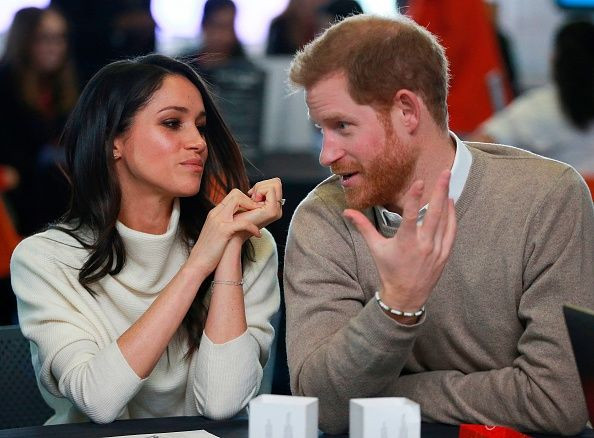Prince Harry-Meghan Markle Wedding: Silver-Plated Cow Shed Trumpets Being Crafted For Event

Handcrafted trumpets will be used at Prince Harry and Meghan Markle’s wedding.
More specifically, silver-plated trumpets built in a converted cowshed in North Yorkshire will be played to herald the royal couple’s special day.
Richard Smith, a trumpet aficionado, dubbed the village of Sheriff Hutton, near York, as the trumpet central. In the area, several trumpet stores may be found.
“It’s a beautiful cowshed in a very nice part of England,” he told ABC.
Smith runs one of the companies in the village called Smith-Watkins with his technician Richard Wright. According to Smith, they received an order from the Ministry of Defense for 20 new trumpets that will feature improved acoustics.
“They did want more bling on the instrument – more silver rings and also the royal coat of arms so the whole instrument would last 20 years irrespective of which monarch is on the throne,” he said.
Wright also talked about the trumpets that he has been carefully crafting for the May 19 royal wedding. He said that he wants it to be as perfect as possible.
“It’s a special instrument that’s going to be kept; not just for the wedding, it’s a state fanfare trumpet,” he said.
Wright revealed that there are 42 parts to each trumpet and crafting one from start to finish would take about a week. But the technician isn’t complaining because he builds trumpets more as a hobby and not as work.
And on Prince Harry and Markle’s wedding day at St. George’s Chapel in Windsor Castle, Smith and Wright said that their focus will be on the sound of their instruments, and not on what everyone else is wearing.
“To the average person listening, it probably sounds absolutely fantastic, but for me and Richard we can always tell if there’s a slightly dodgy note in the middle or at the end,” Wright said before saying that it is usually the player’s fault and not the instrument itself.
© Copyright IBTimes 2024. All rights reserved.





















